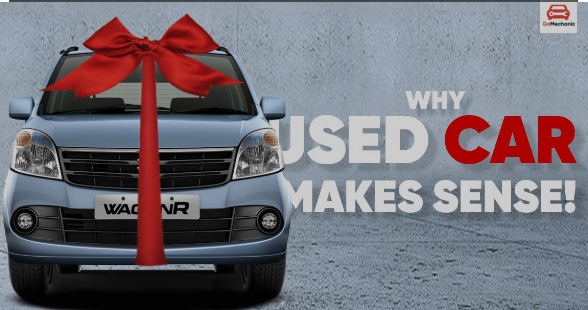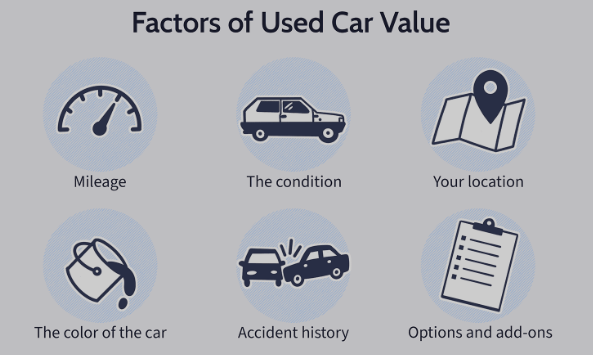When it comes to your next vehicle purchase, the question on many minds is, Should I consider investing in a secondhand automobile? The decision to buy a used car can have a significant impact on your finances and lifestyle. In this guide, we’ll explore the benefits and drawbacks of purchasing pre-owned vehicles and provide valuable insights to help you make an informed choice. So, if you’re weighing the pros and cons of a secondhand car investment, stay tuned for valuable insights and expert advice on why it might be the right move for you.
Should I consider investing in a secondhand automobile?
Certainly! Yes, considering a secondhand automobile can be a wise choice for cost-conscious buyers.
Whether or not to buy a used car is a decision that many people face. There are pros and cons to both buying a new and a used car, and it is important to weigh these factors carefully before making a decision.

Pros of buying a used car:

Lower cost:
Used cars are typically much cheaper than new cars, even for the same model and year. This is because new cars depreciate rapidly, losing up to 20% of their value in the first year. Used cars have already taken a hit on depreciation, so you won’t lose as much money on them over time.
More choices:
There is a wider selection of used cars available than new cars. This is because there are more used cars on the market, and you can also find used cars from previous years.
Lower insurance premiums: Insurance premiums are typically lower for used cars than new cars.
Higher value:
Used cars are often a better value than new cars. This is because you can get a used car with more features and options for less money than a new car.
Cons of buying a used car:
Reliability:
Used cars are more likely to need repairs and maintenance than new cars. This is because they have already been driven and worn out.
History:
It is important to research the history of a used car before you buy it. This includes checking for accidents, liens, and other problems.
Features:
Used cars may not have all of the latest features that are available on new cars.
Warranty:
Used cars typically do not come with a warranty, so you will be responsible for paying for any repairs that are needed.
Tips for buying a used car:

Get a pre-purchase inspection:
This is a mechanical inspection of the car to identify any potential problems. It is important to have the car inspected by a qualified mechanic before you buy it.
Check the vehicle history report:
This report will show you if the car has been in any accidents, has any liens, and has been stolen or rebuilt. You can get a vehicle history report from a variety of sources, including Carfax and AutoCheck.
Negotiate the price:
Don’t be afraid to negotiate the price of the car. You can use the Kelley Blue Book or Edmunds to get an idea of the car’s fair market value.
Buy from a reputable seller:
If possible, buy the car from a private seller or a reputable dealership. Avoid buying cars from salvage yards or curbstones.
Conclusion
Whether or not to buy a used car is a personal decision. There are pros and cons to both buying a new and a used car, and it is important to weigh these factors carefully before making a decision. If you are on a budget, buying a used car is a great option. However, it is important to do your research and buy from a reputable seller.

I’m Farhan Hakeem, a passionate automotive enthusiast and the driving force behind . With a deep-rooted love for cars and an unquenchable curiosity about the world of automobiles, I’ve embarked on a journey to share my insights, experiences, and opinions through this platform.
From a young age, the mesmerizing blend of artistry and engineering that cars embody captivated my imagination. Over the years, I’ve honed my understanding of automotive technology, design, and trends, which I now channel into creating engaging and informative content.
